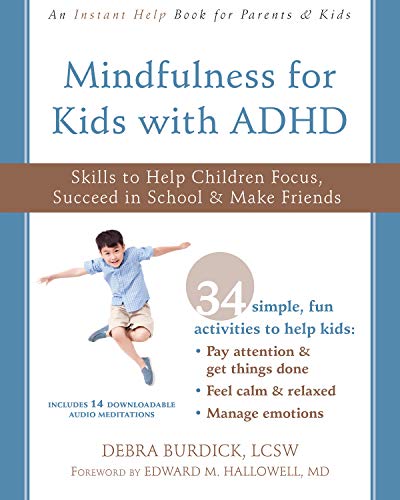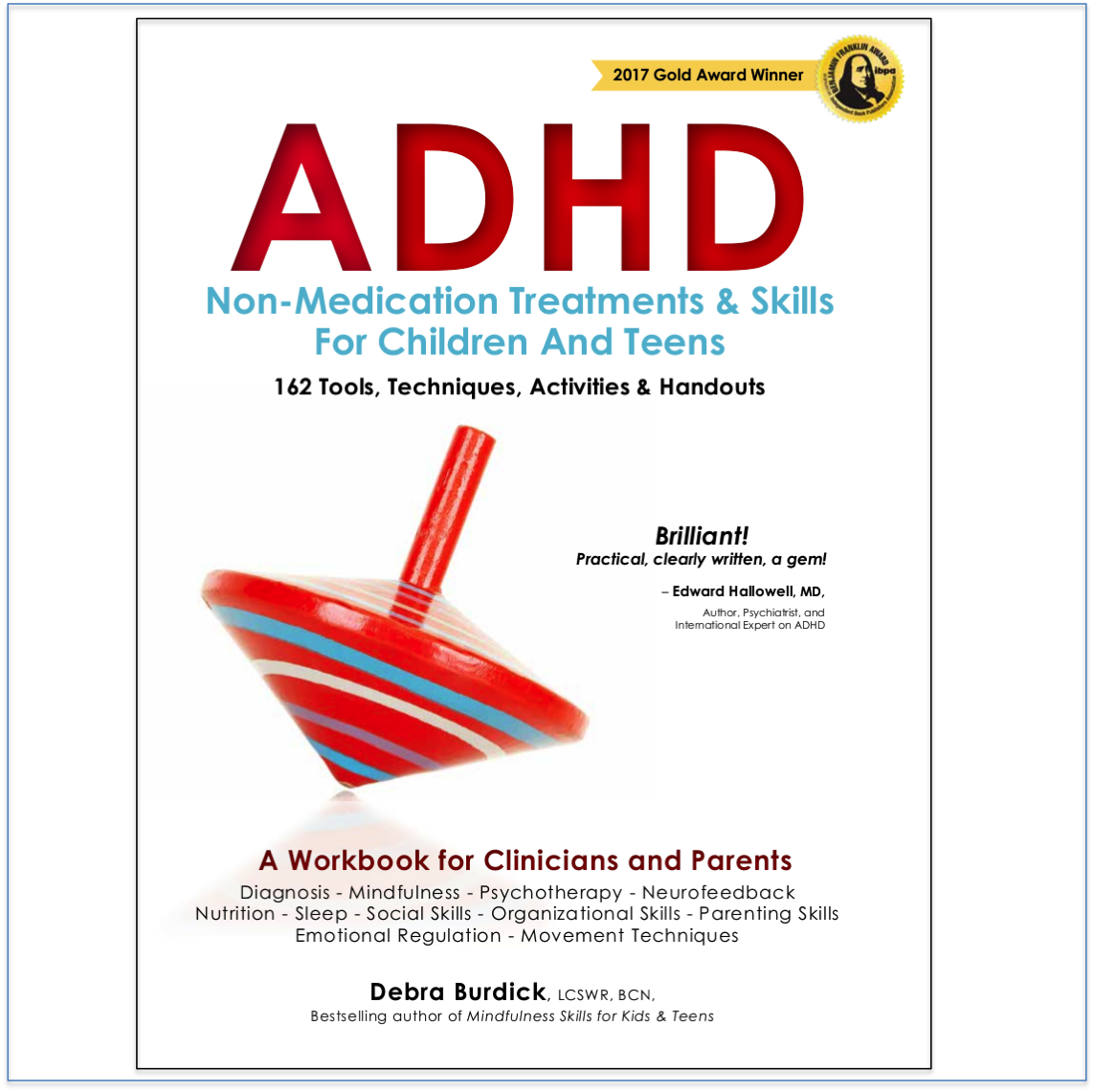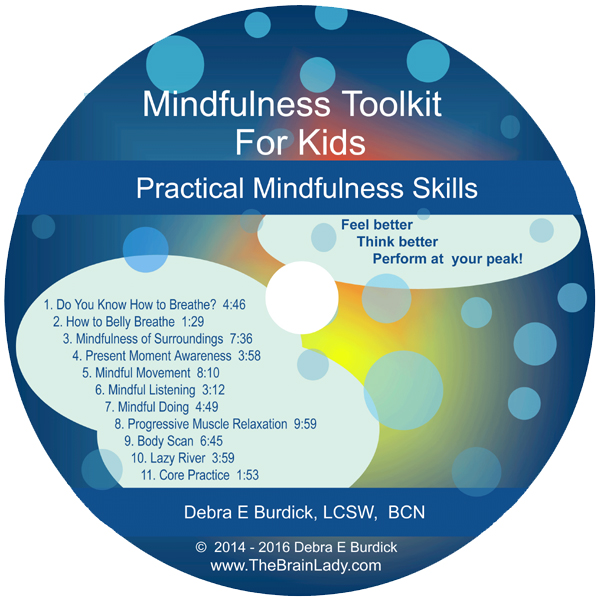Dealing with an Acquaintance, Family Member, or Co-worker with Bipolar Disorder
Posted on May 16, 2013 by Debra Burdick
Share the post "Dealing with an Acquaintance, Family Member, or Co-worker with Bipolar Disorder"
This is the second post in a two-post series, covering all aspects of Bipolar Disorder. If you would like to read the first post, please click here.
Speaking with, and working with a coworker or client who has Bipolar Disorder is difficult, but all it takes is a little bit of understanding. If you understand what drives the person, you’ll know how to connect to them, and their emotions. For example, you may notice an overzealous and optimistic person slowly become despondent and depressed after a few weeks or months, and they may snap at coworkers. This can cause a negative reaction, making that person universally disliked; it shouldn’t to be that way. This snap doesn’t mean they are a nasty or mean person; it’s most likely that are experiencing the irritable type of a manic episode, and they lose control of their anger.
This can be hard on the family or mate, especially if the fighting gets really bad. A person with Bipolar Disorder in their manic state can make all of the promises in the world, but when he or she enters the lows of depression, it can be rough on the surrounding people, especially for family. You must try hard to remain at their side during this time, even if you feel the person doesn’t deserve it. It’s hard to forgive someone who has said awful things to you. Bipolar Disorder often involves ‘’acting first and thinking second’’, so people almost never mean their harsh words. The best thing you can do is apologize and strive to end the fight or episode. Even if you’re not in the wrong, it’s easier to be the one to douse the flames. Being extremely understanding and forgiving about any phrases said out of anger or sadness is the first step, but it all comes down to hard work. Remind yourself that he or she is worth it.
Remember, when a mate or friend with Bipolar Disorder goes into a depression, there’s not much you can do verbally to take them out of it; treatment is the only option. Too often, people leave their bipolar mates because they feel they can “never make them happy”. Don’t let that be you; you can learn how to help instead of walking away.
Getting Help
There are some very effective treatments for Bipolar Disorder including psychotherapy, medication, meditation, natural therapies (Healing Depression and Bipolar Disorder Without Drugs, Guyol, G), and my favorite, Neurofeedback. If you are in a relationship with someone with Bipolar Disorder, encourage him or her to seek treatment. Invest in some couples therapy or your own individual psychotherapy or counseling to help you thrive in your relationship.
I would love to hear your personal experiences with this topic.














No comments yet. You should be kind and add one!
The comments are closed.